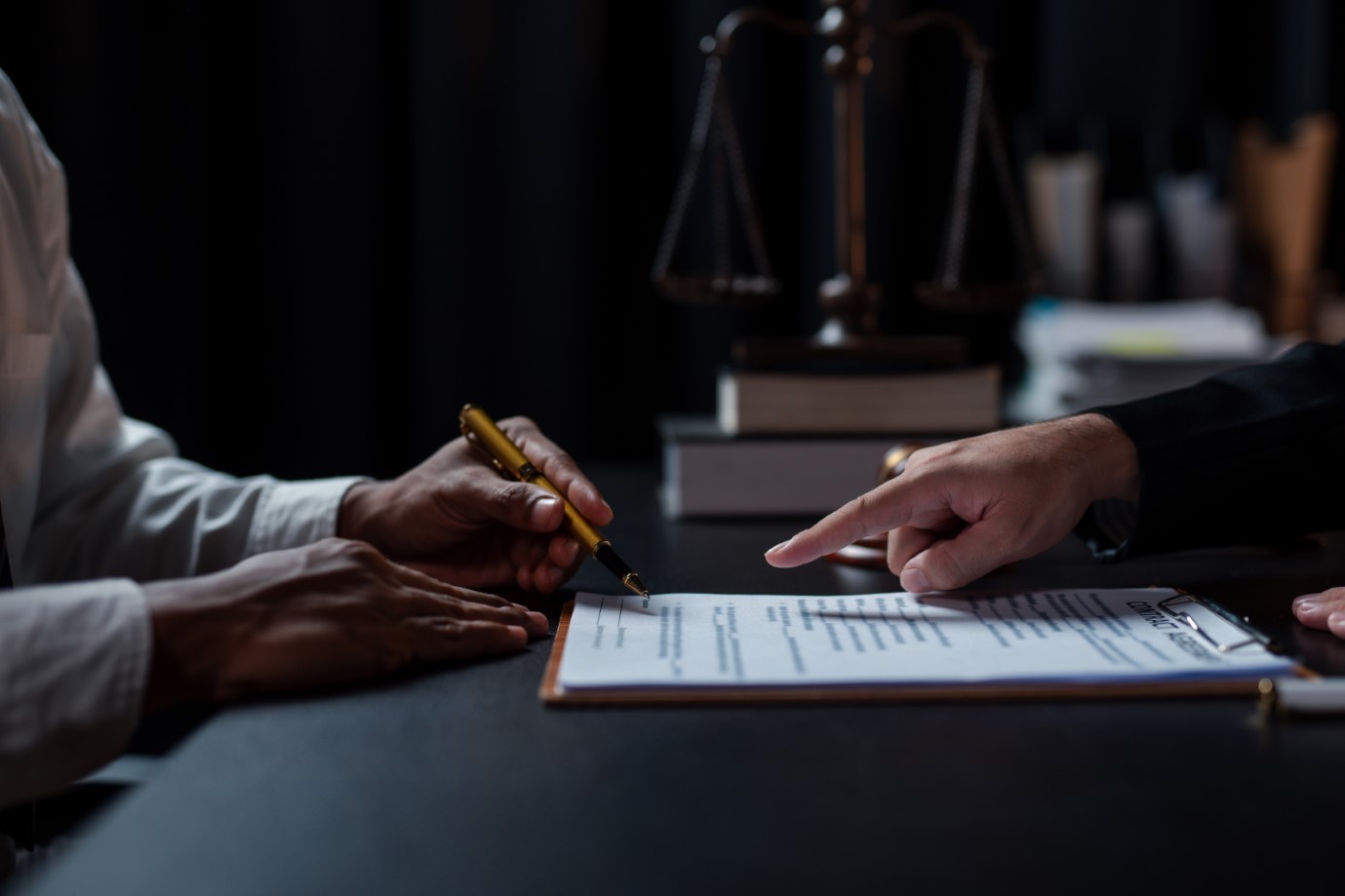The Virginia Rules of Evidence
Yes. According to the Virginia Rules of Evidence, statements offered against a party are considered admissions by a party opponent and are an exception to the hearsay rule.
According to the Virginia Rules of Evidence, a statement will not be excluded at trial by the hearsay rule, even if the declarant is available as a witness, if the statement satisfies the following definition of an admission by a party-opponent:
A statement offered against a party that is
(A) the party’s own statement, in either an individual or a representative capacity, or
(B) a statement of which the party has manifested adoption or belief in its truth, or
(C) a statement by a person authorized by the party to make a statement concerning the subject, or
(D) a statement by the party’s agent or employee, made during the term of the agency or employment, concerning a matter within the scope of such agency or employment, or
(E) a statement by a co-conspirator of a party during the course and in furtherance of the conspiracy.
Suppose a prior statement of a party is introduced into evidence, and that party testifies at trial in a way inconsistent with that earlier statement.
In that case, the judge or jury may consider the party’s prior inconsistent statement as evidence that what the party previously said was true.
Personal injury cases arising out of car accidents
Furthermore, in personal injury cases arising out of car accidents, the admission by a party-opponent exception to the hearsay rule is often invoked when an injured plaintiff testifies regarding statements made by the defendant. In such situations, the defendant might testify at trial differently from what he or she said at the accident scene.
Still, the injured plaintiff can testify regarding the defendant’s statements at the accident scene.
The judge or jury hearing the personal injury case will then be permitted to determine whether the defendant’s in-court statements or prior statements at the accident scene are to be believed.
However, there are certain limitations on using the party-opponent exception to the hearsay rule about statements made to insurance companies.
In personal injury cases, another commonly used application of the admission by a party-opponent exception to the hearsay rule involves introducing evidence of a defendant’s guilty plea to a traffic offense arising from the car accident that caused the plaintiff’s injuries.
A defendant’s guilty plea to a traffic charge is considered a party admission. If the guilty plea was freely and voluntarily made, it could be admitted into evidence at the trial of a subsequent personal injury case.
Questions regarding the hearsay rule and exceptions, such as admissions by a party-opponent, are specific to the individual personal injury case, and we encourage you to contact our personal injury lawyers in Virginia Beach.
We can advise the prospective client on what testimony a witness can give at trial and what testimony will be prohibited based on hearsay or some other rule of evidence.
As in all personal injury cases, a personal injury lawyer can also advise the injured person on the value of the claim, guide the injured person through the process of filing a claim with the applicable insurance company or companies, and represent the injured person in the litigation of the claim if a lawsuit becomes necessary.
Related Injury Law Articles
The hearsay rule in Virginia
Use of a personal injury defendant’s driving record at trial
Schedule a Consultation With Preston, Wilson & Crandley, PLC
At Preston, Wilson & Crandley, PLC, we are here to help navigate the complexities of post-accident procedures and legal matters. Our experienced team ensures you receive the support and compensation you deserve.
Our attorneys handle injury claims ranging from bicycle accidents, pedestrian accidents, motorcycle accidents, truck accidents, and car accidents to drunk driving accidents and wrongful death claims.
Give us a call and let our experience work for you. We have been helping the people of Virginia since 1955 and are ready to help you. Schedule a consultation to discuss your case.
If you need a Personal Injury Attorney in Virginia Beach, contact us at (757) 486-2700.
Follow us on Facebook.

